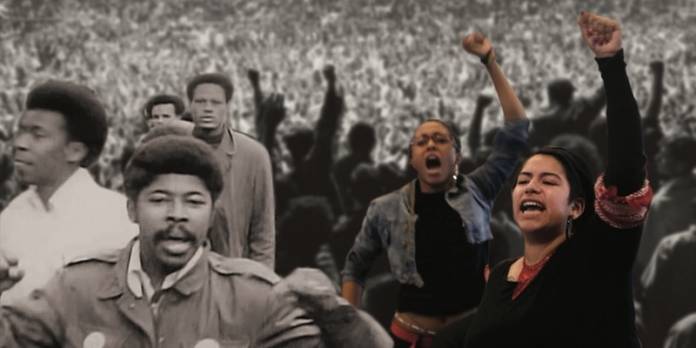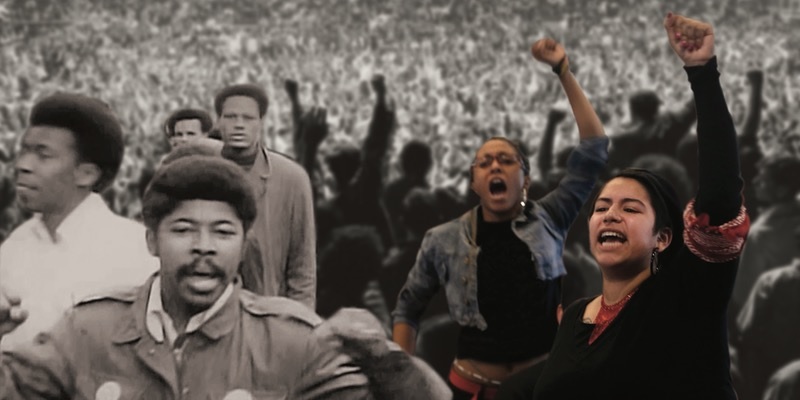
It’s budget time in San Francisco: The supes Budget and Finance Committee has been holding hearings for months, and the $10.1 billion budget is likely to be passed, as is typical, without a whole lot of changes.
But the Budget Justice Coalition has been raising questions – particularly about the amount of money that will go into affordable housing and homeless services. The homeless service providers are concerned that much of the money they requested to address what many call the city’s most pressing problem is not in the proposed budget.

A budget is a statement of policy priorities, and you can see the massive document here. It’s not all that helpful – for example, if there were a line item for police Tasers, I challenge you to find it. It’s not there – and that doesn’t mean the chief and the commission won’t be pushing for the zap guns this year.
The entire Board of Supes will have to vote on the budget, but by the time it gets there, most of the work is done.
On Tuesday/20, Bernal Heights Outdoor Cinema, along with the Latino Democratic Club, the Bernal Heights Democratic Club, and 48hills, sponsors a showing of Agents of Change, a dramatic documentary on the racial conditions on college campuses in the late 1960s and the powerful movements that arose from them. Co-director Abby Ginzberg will be there to talk about the film and how it connects to the issues the nation is facing today. 7pm, Bernal Heights Neighborhood Center, 515 Cortland. Free, but you can reserve your spot here.
The Police Commission will be talking about Tasers Wednesday/21. This is an ongoing debate, and took center stage when the supes Rules Committee voted to allow Petra DeJesus to stay on the commission for another term. The cops want Tasers, and say they are a good alternative to shooting people. A lot of activists who have studied the issue (and some police departments that have abandoned the devices) say there are really serious problems with giving officers what is generally considered a less-lethal, but still lethal, weapon.
The presentation from the “experts” will no doubt focus on how Tasers can keep people alive – if someone with a knife is threatening an officer or a civilian, zapping and thus immobilizing the suspect is better than shooting and killing them.
But what if the cops use the Taser not as an alternative to a firearm but as an alternative to de-escalation, to controlling the situation, to calling in for support from someone trained in handling mentally ill suspects? That’s what we’ve seen in other cities – the Taser is a crutch, a quick and easy way to avoid taking more peaceful steps to resolving a situation.
Interesting to see what the presentation to the commission addresses, and who the experts are. I am hearing that this is going to be a big push in the next few months.
The meeting starts at 5:30pm in City Hall, room 400.
It’s Pride Weekend, and our fab guide to all things queer, by the always fab Marke B., is here.
But I want to highlight one event: SF Vision and SF Berniecrats are holding an event Saturday/24 that focuses on bringing the lessons of our political (esp. LGBT) history to bear on the issues of today. It’s called SF Politics for the 99 percent, and is part of a series of events the groups are doing to try to educate people who are angry at the Trump administration and want to get involved about how to join the struggle at home.
Yes, I will be one of the speakers: Claire Lau, a leader in the Berniecrats, and I will kick off the session talking about progressive political history and modern politics. The panel is impressive: Tom Ammiano, Gabriel Haaland, Kimberly Alvarenga, Christina Olague … it’s going to be an amazing event.
Come by the main library, Koret Auditorium, at 12:30. We’ll be done by 2:30, so there’s plenty of time to get back to other Pride events. It’s free.



That panel sounds fascinating but somewhat incomplete. Was Ross Mirkarimi unavailable to round out the cast of progressive golden oldies?
“A budget is a statement of policy priorities, and you can see the massive document here. It’s not all that helpful –”
I agree, not very helpful. Nothing about underfunded pension obligations, except to say that the fund shortfall is “only” 14% compared to 28% “in peer comparisons”, whatever that means.
And this on pg. 179:
Retiree Health and Pension Costs ($millions)
$ 2,283 (2017) $ 3,223 (2018) $ 940 (year-on-year increase).
That’s a 30% jump in retiree health/pension costs. Largest line-item growth.